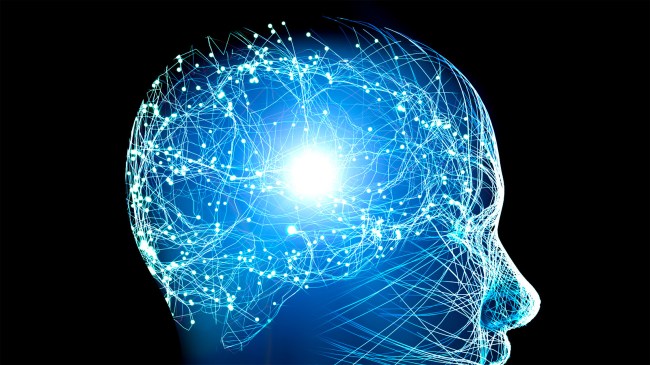iStockphoto
Scientists have for the first time created a non-invasive artificial intelligence (AI) system that can turn brainwaves into text without the use of implants.
The new AI technology, called DeWave, only requires its users to wear a snug-fitting cap to turn their silent thoughts into text.
Created by researchers from the GrapheneX-UTS Human-centric Artificial Intelligence Centre at the University of Technology Sydney (UTS), the portable AI system could be a momentous breakthrough for people unable to speak due to illness or injury. It could also be used to assist people to direct machines like bionic arms or robots, Science Alert reports.
“This research represents a pioneering effort in translating raw EEG waves directly into language, marking a significant breakthrough in the field,” said computer scientist Chin-Teng Lin from UTS.
So far, however, their system has only reached 40 percent accuracy, but their goal is eventually get up to around 90 percent.
“The model is more adept at matching verbs than nouns. However, when it comes to nouns, we saw a tendency towards synonymous pairs rather than precise translations, such as ‘the man’ instead of ‘the author,’” said one of the study’s authors Yiqun Duan.
“We think this is because when the brain processes these words, semantically similar words might produce similar brain wave patterns. Despite the challenges, our model yields meaningful results, aligning keywords and forming similar sentence structures.”
Earlier this year, scientists at the University of Texas at Austin developed a machine learning-driven AI model that has the ability to decode the words and sentences that people are thinking by utilizing brain scans.
Their AI model, according to Anna Ivanova at the Massachusetts Institute of Technology, “guesses bits and pieces of meaning and then tries to put them together, but the overall message typically gets lost – likely because the captured brain signals reflect what concepts a person is thinking about, such as ‘talk’ or ‘food’ for example, but not how these concepts are related.”
So it too has a ways to go before it becomes completely accurate.
At that point we will have one giant step closer to, as Mo Gawdat, the former Chief Business Officer with Google’s Research and Development division, has warned, “creating God.”

